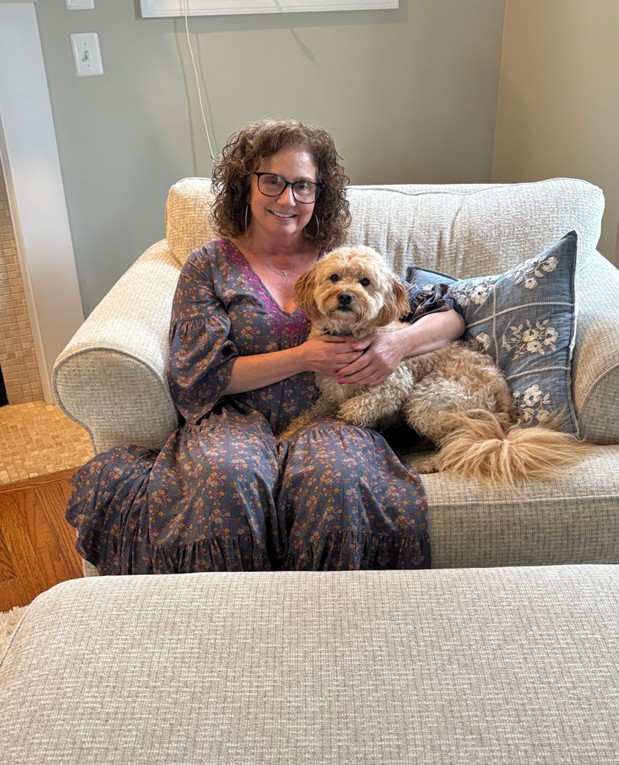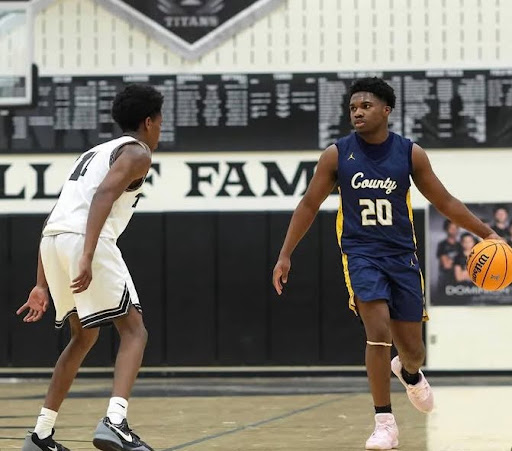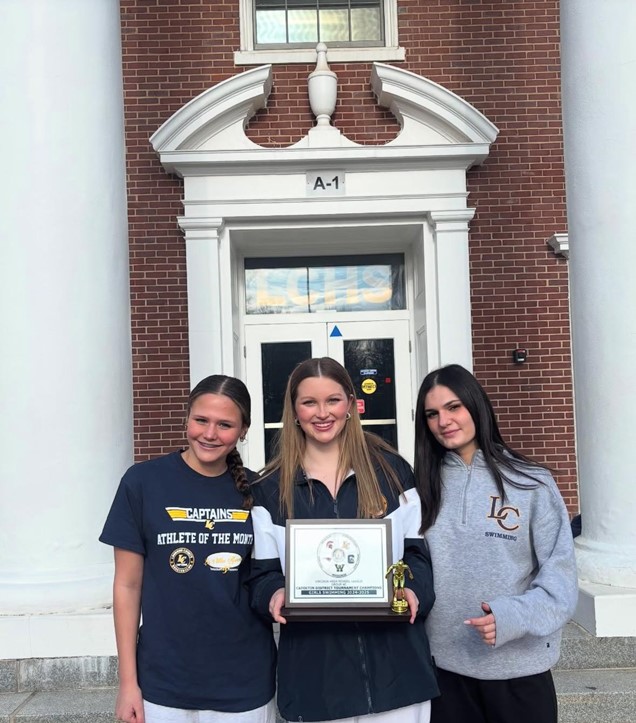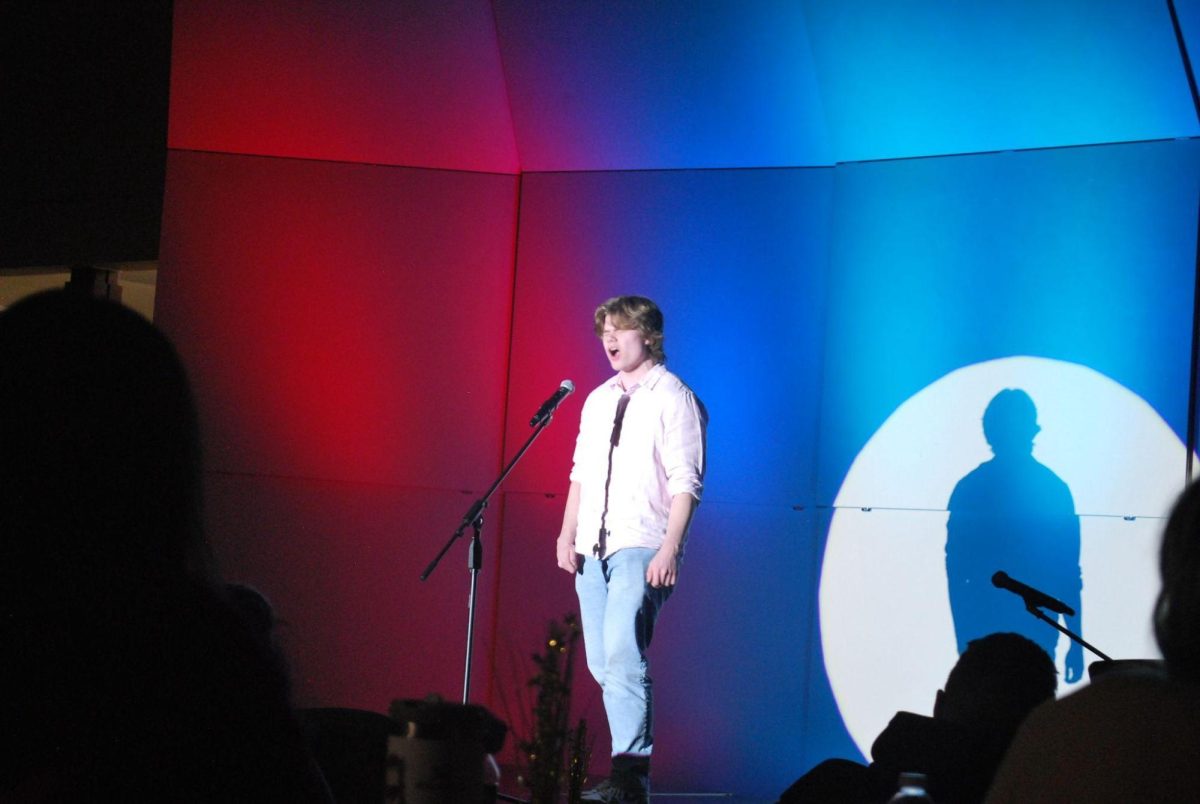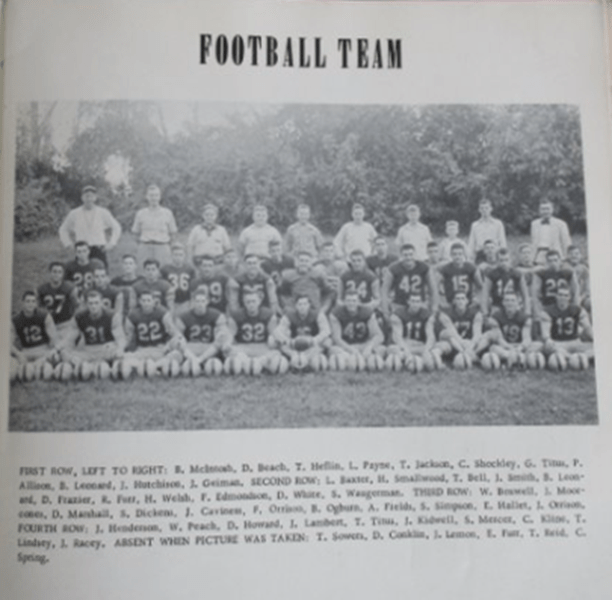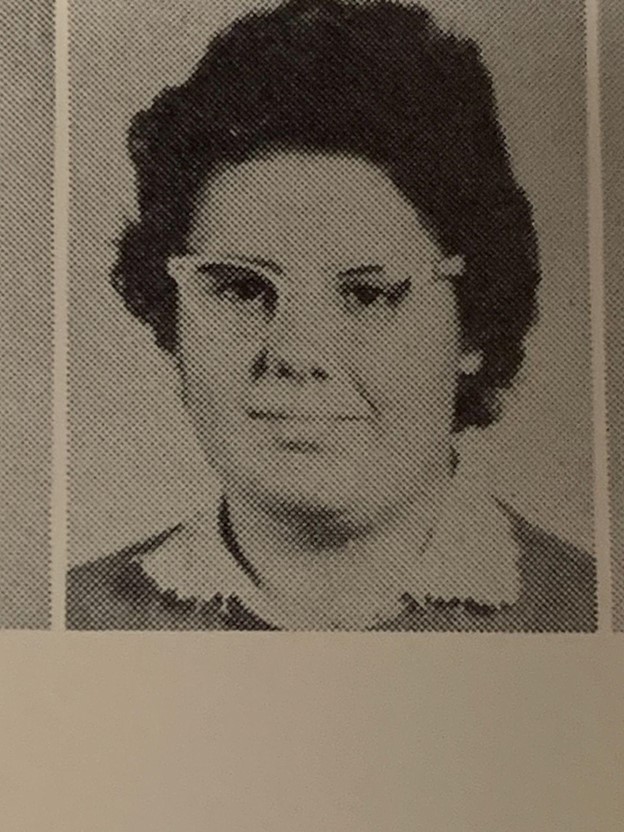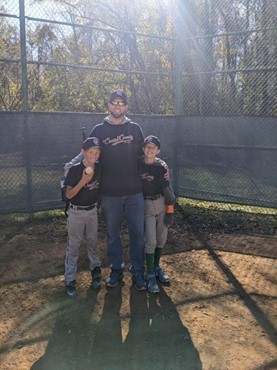The earliest school records lead us to suppose that our school’s first play was the comedy The Bishop Misbehaves with Billy Kimes as the lead. The play first premiered in 1934, and follows a bishop as he tries to solve a crime that happened near his cathedral. The play was performed not through an elective class, but rather as a senior play, so how has the theater program and the meaning behind theater evolved since then?
Since the times of Ancient Greece, theater has been used as a medium for storytelling and human expression. Over the course of our school’s history, looking back on our theatrical performances can depict cultural changes while also giving us a chance to experience human expression of the time.
“What brought me to pursue theater was that I really love telling stories,” theater teacher Nathan McGraw said. “I love being able to connect with people through storytelling.”
The most rudimentary form of history is storytelling, and that’s exactly what theater is. Therefore, theater is a perfect way to analyze past history.
“Theater has a lot of power to influence everybody, and it’s a great teaching tool for the masses,” retired theater teacher John Wells said.
Before retiring, Wells worked as a theater teacher for 38 years, and also wrote a play that was successful in 47 states and that was also done overseas. Looking back at Wells’ experiences as a theater teacher gives us some great insight into how the theater program has developed.
“It started as just an afterschool thing, a place to go,” Wells said. “Early 90s, all of a sudden, a lot of kids who were doing theater took it very seriously. It was more than something to do after school.”
The 90s appeared to be the kickoff decade for learning to accept people for who they were, and for many people who didn’t fit into social norms or wanted a way to express themselves, theater presented itself to be a safe haven. To some extent, this is also true for current high
school theater students.
“I really enjoy the community,” senior Cy Starr said. “It’s a place where you know you can be yourself and everyone else around has the same interests as you, and you could just express all that and have connections in that way that you don’t really get anywhere else.”
Moreover, the theater program can impact the community and the people within it.
“I’ve gotten more confidence that socially I feel like I’m much more able to talk to people and not feel like I’m doing everything wrong,” Starr said.
Despite the changes theater has through, whether it be the plot or props, the original meaning for its existence has still been retained.
“I feel like we’ve become a lot more inclusive and a lot more welcoming and just creating a really positive, fun environment that people can feel like they can hopefully be themselves,” McGraw said.




